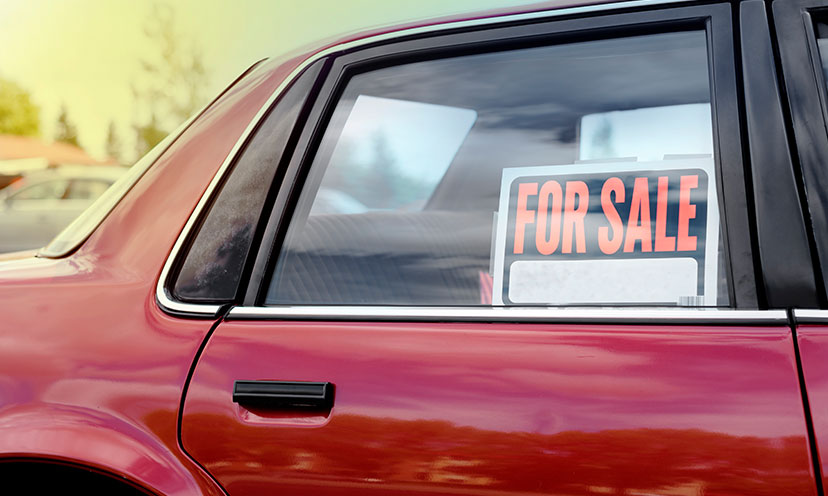Advertisement
10 Things To Look For When Buying a Used Car
Blog | September 20th, 2018

Get It Free Recommends
Blog | September 20th, 2018
